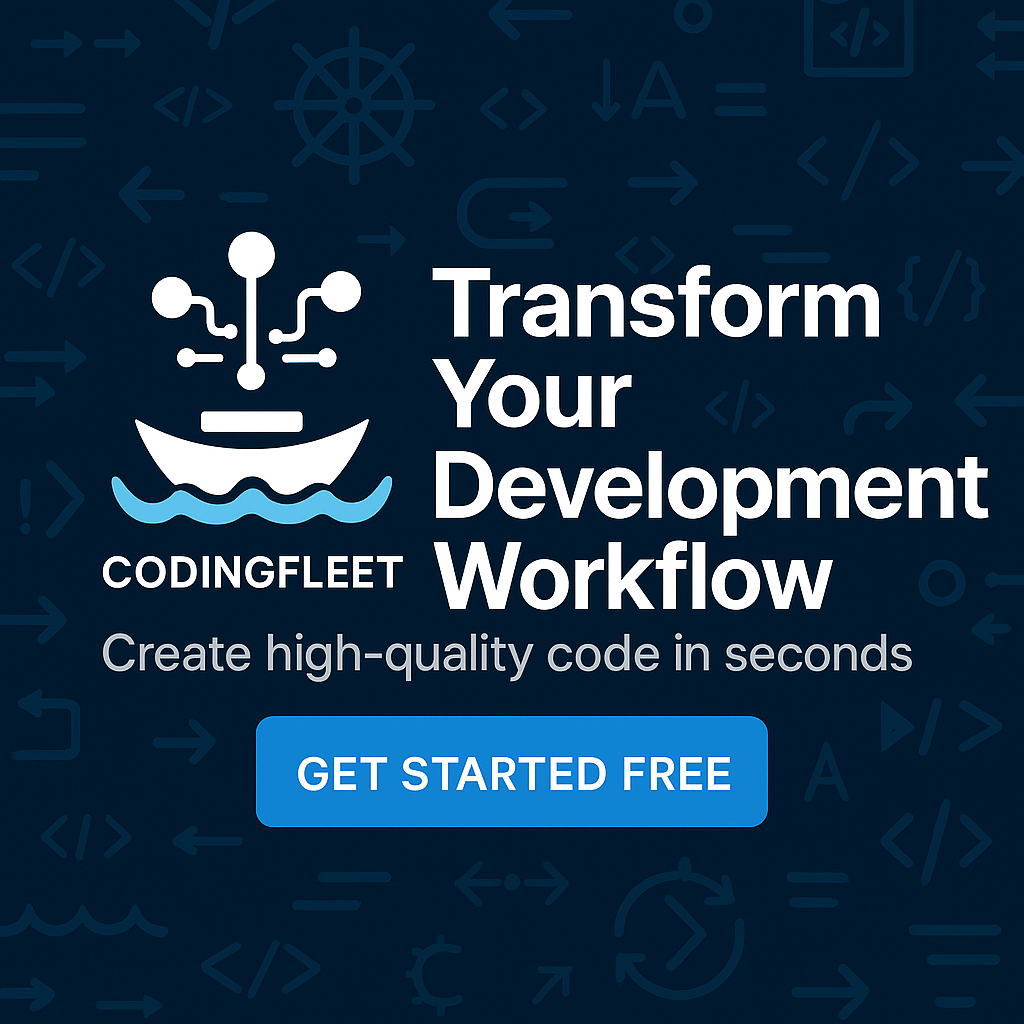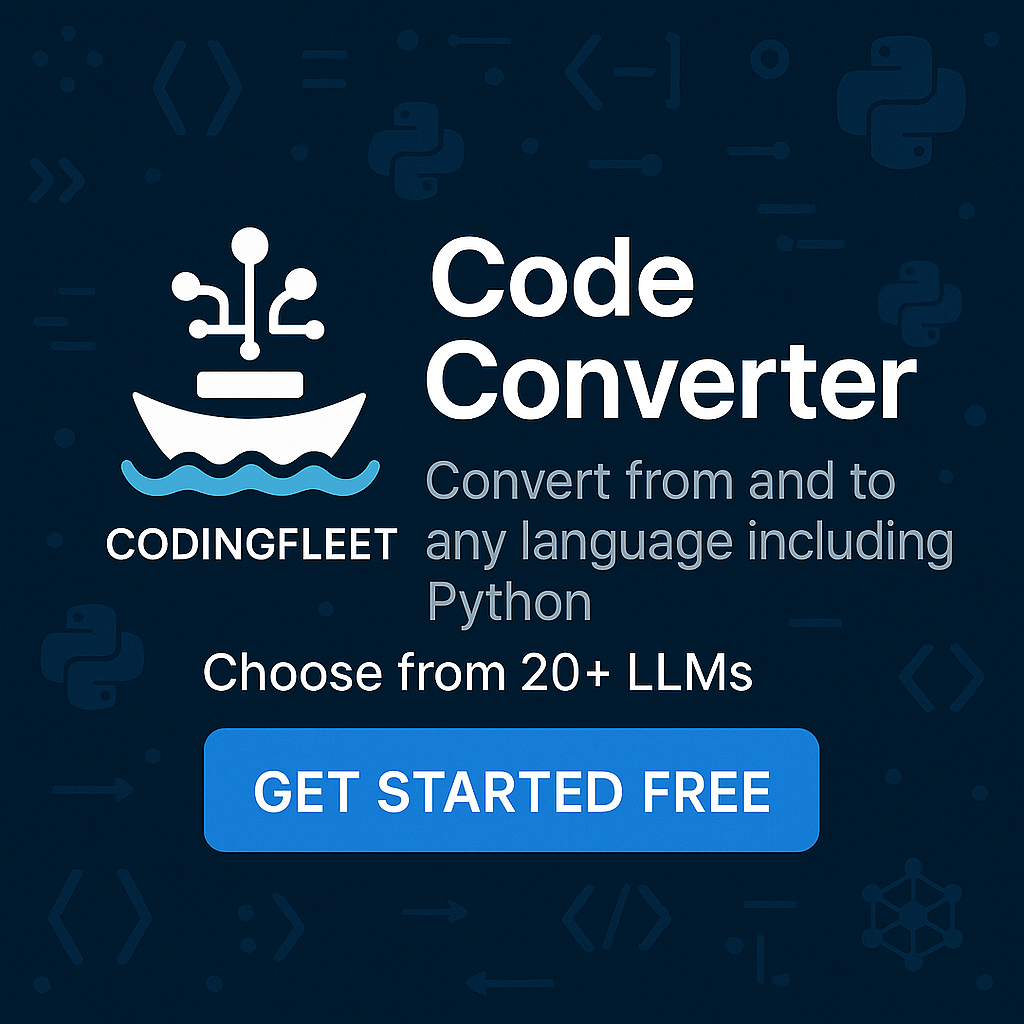Machine Learning Tutorials
Learn how to build machine learning and deep learning models for many purposes in Python using popular frameworks such as TensorFlow, PyTorch, Keras and OpenCV.
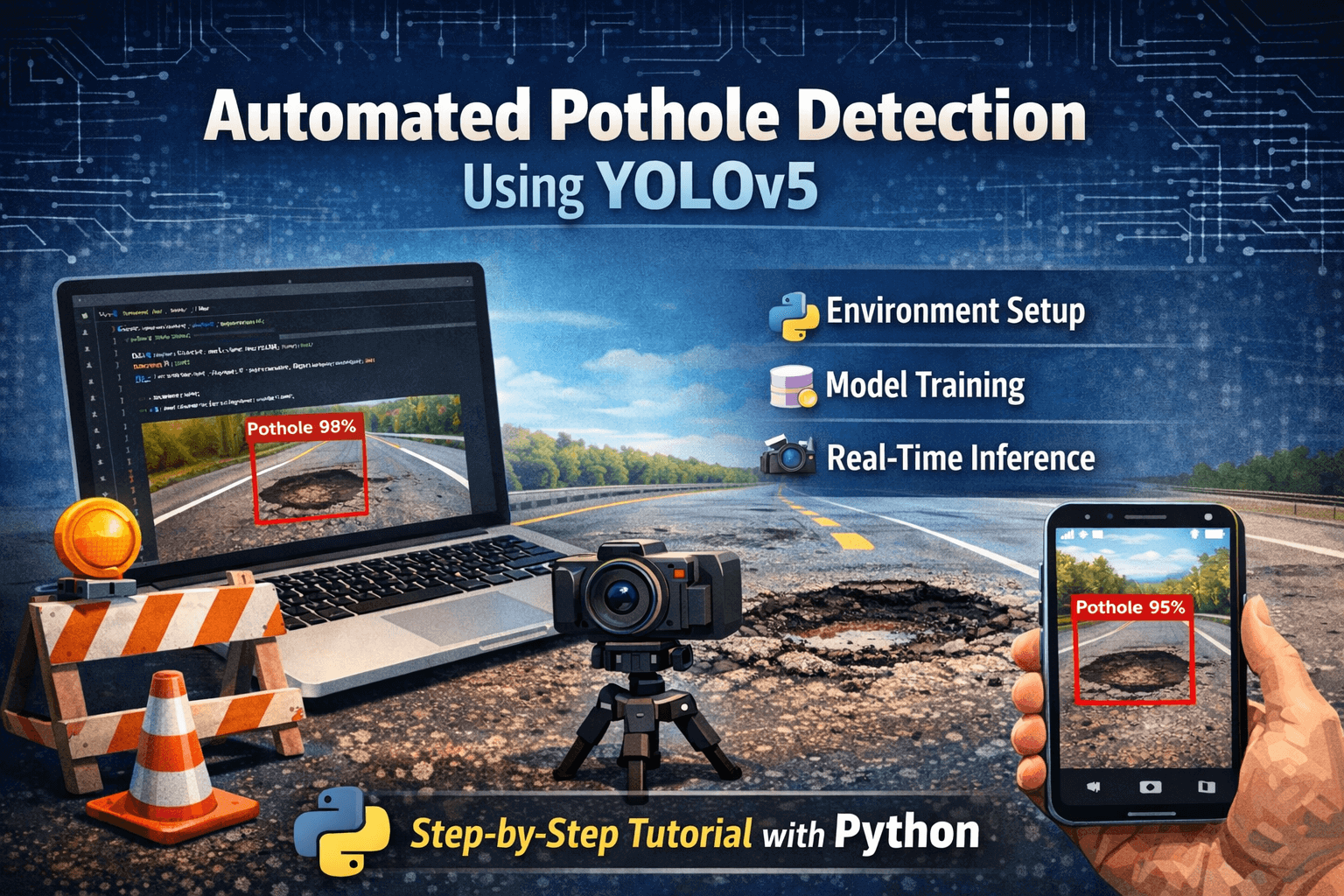
Automated Pothole Detection Using YOLO in Python
Learn how to build an automated pothole detection system using YOLOv5. This step-by-step tutorial covers environment setup, model training with a custom dataset, and running inference for real-time detection on images.
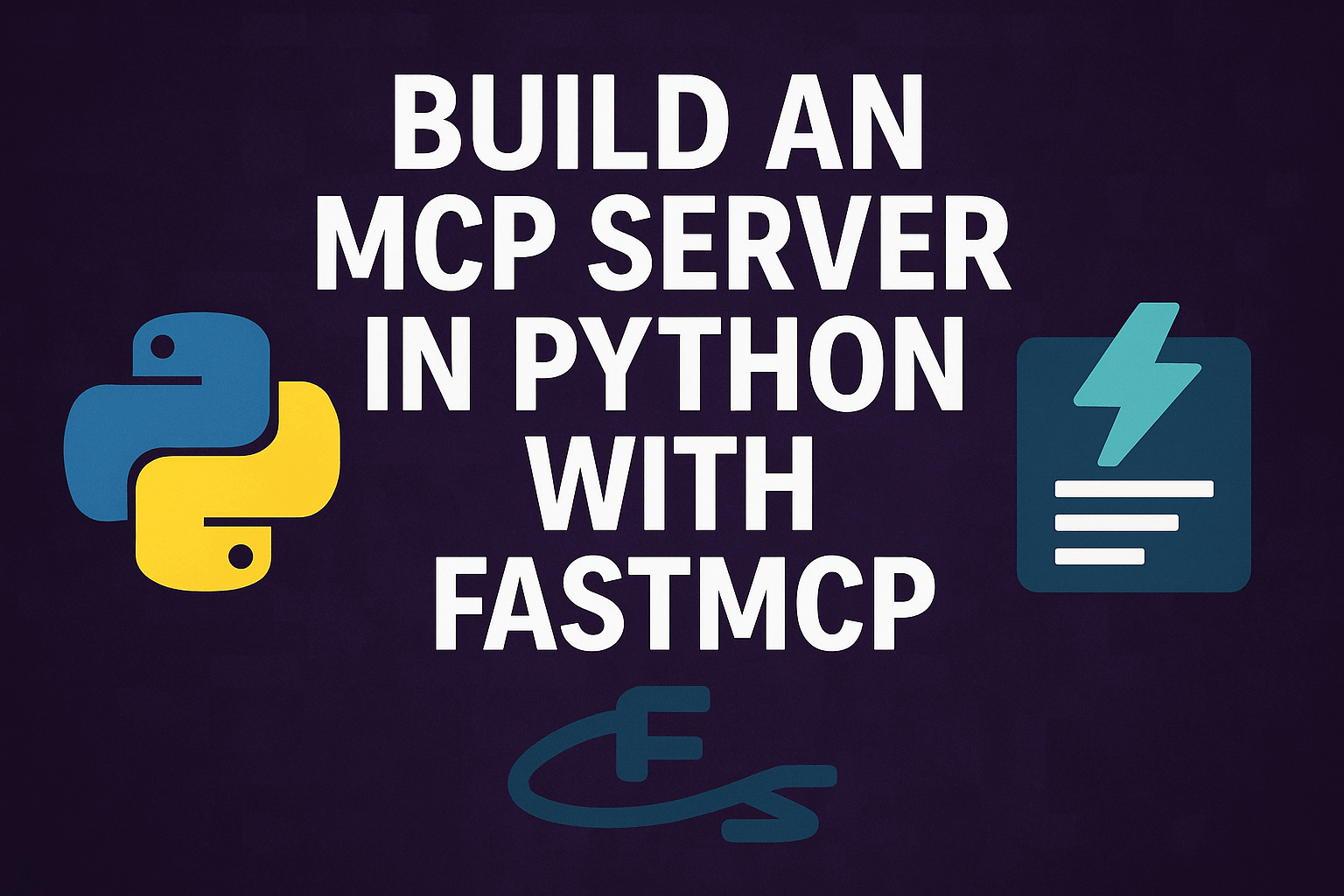
Build an MCP Server in Python with FastMCP
Build a real MCP server and client in Python using FastMCP. Implement a Todo Manager with tools, resources, and prompts, test it programmatically, then wire it into Claude Desktop, VS Code, and Cursor. Includes simple production deployment tips.
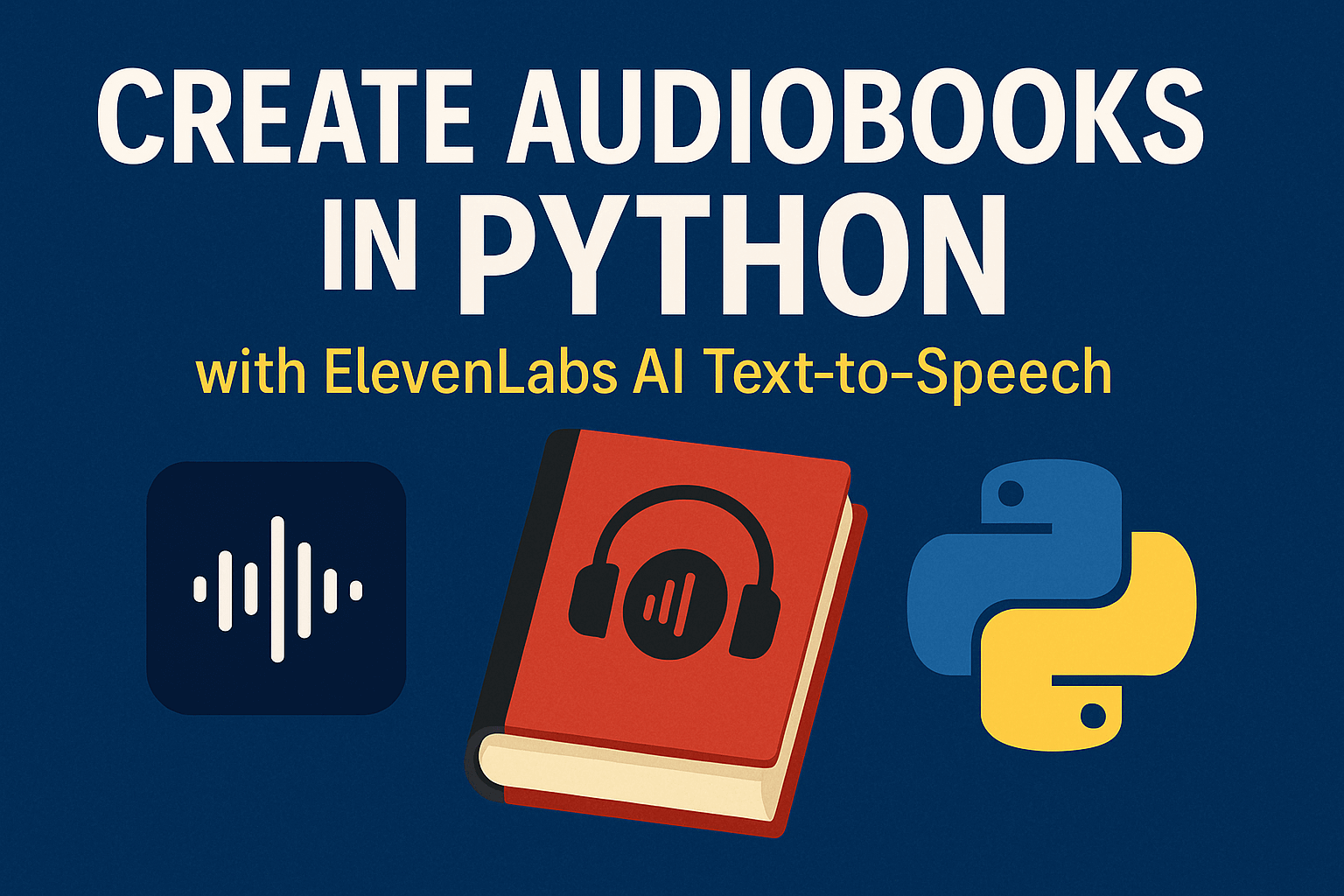
Building an Advanced Audiobook Generator with Python and ElevenLabs TTS
Learn to create professional audiobooks in Python with ElevenLabs’ AI text-to-speech, covering setup, voice options, and full generation.
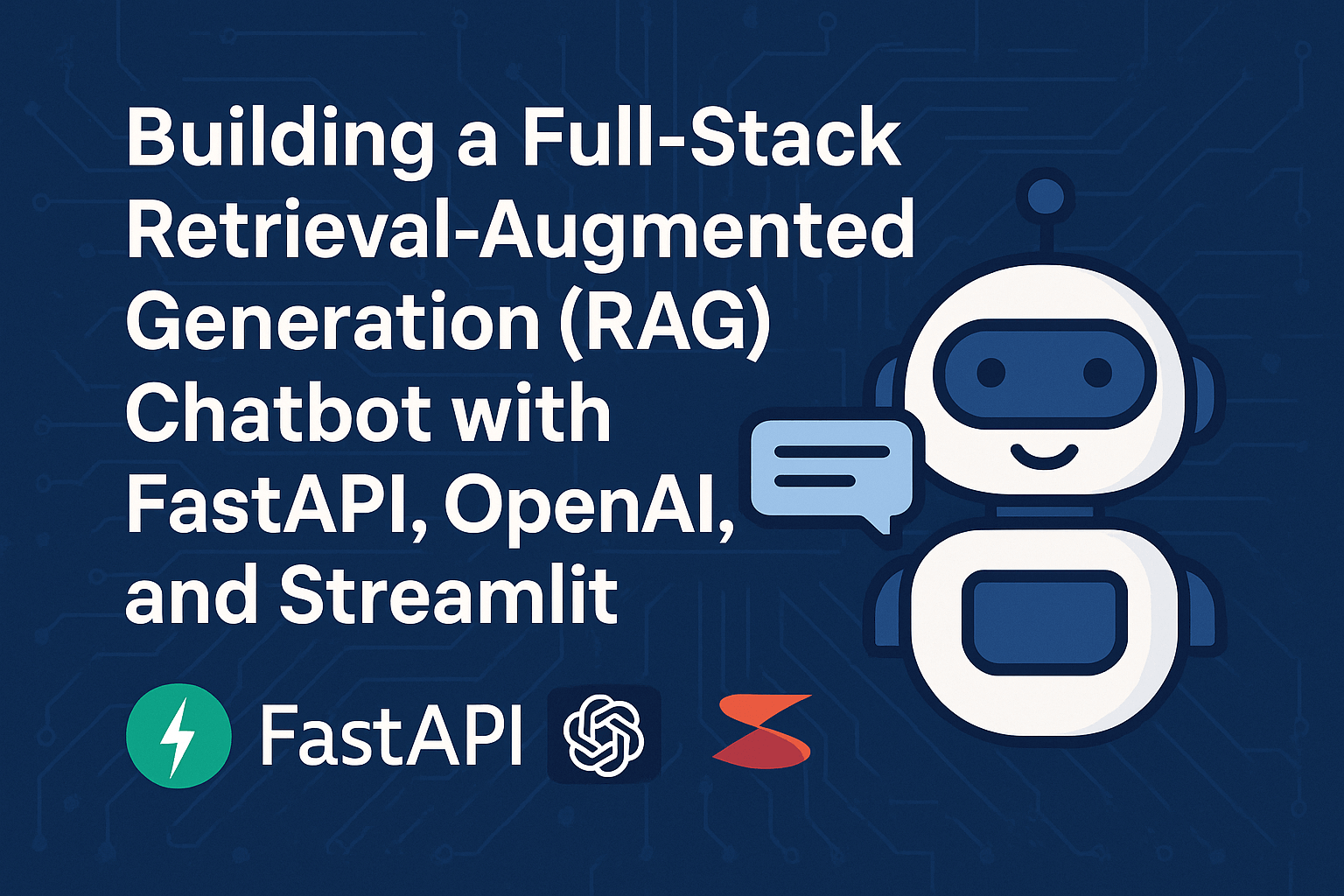
Building a Full-Stack RAG Chatbot with FastAPI, OpenAI, and Streamlit
Learn to build a full-stack RAG chatbot with FastAPI, OpenAI, and Streamlit. Step-by-step guide to create a chatbot answering questions from uploaded PDFs.
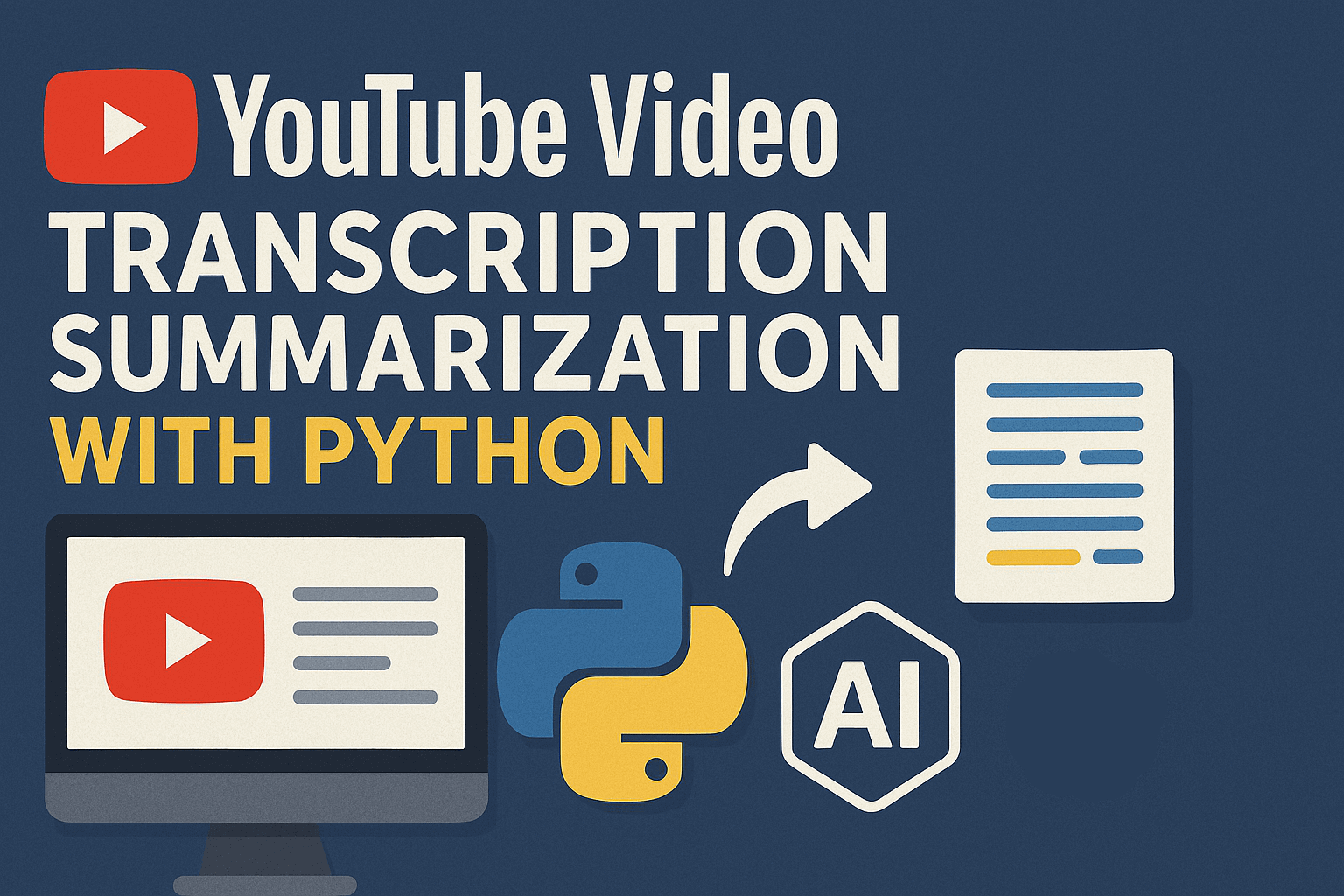
YouTube Video Transcription Summarization with Python
Learn how to transcribe and summarize YouTube videos using Python! This tutorial covers extracting video transcripts with YouTubeTranscriptApi, processing text with NLTK, and generating AI-powered summaries using OpenRouter's Mistral model.

3 Best Online AI Code Generators
Explore the top 3 AI code generators—CodeConvert, ZZZ Code AI, and CodingFleet. Compare their features, pros, and cons to find the best tool for your coding needs, with CodingFleet leading for its advanced features and versatility.
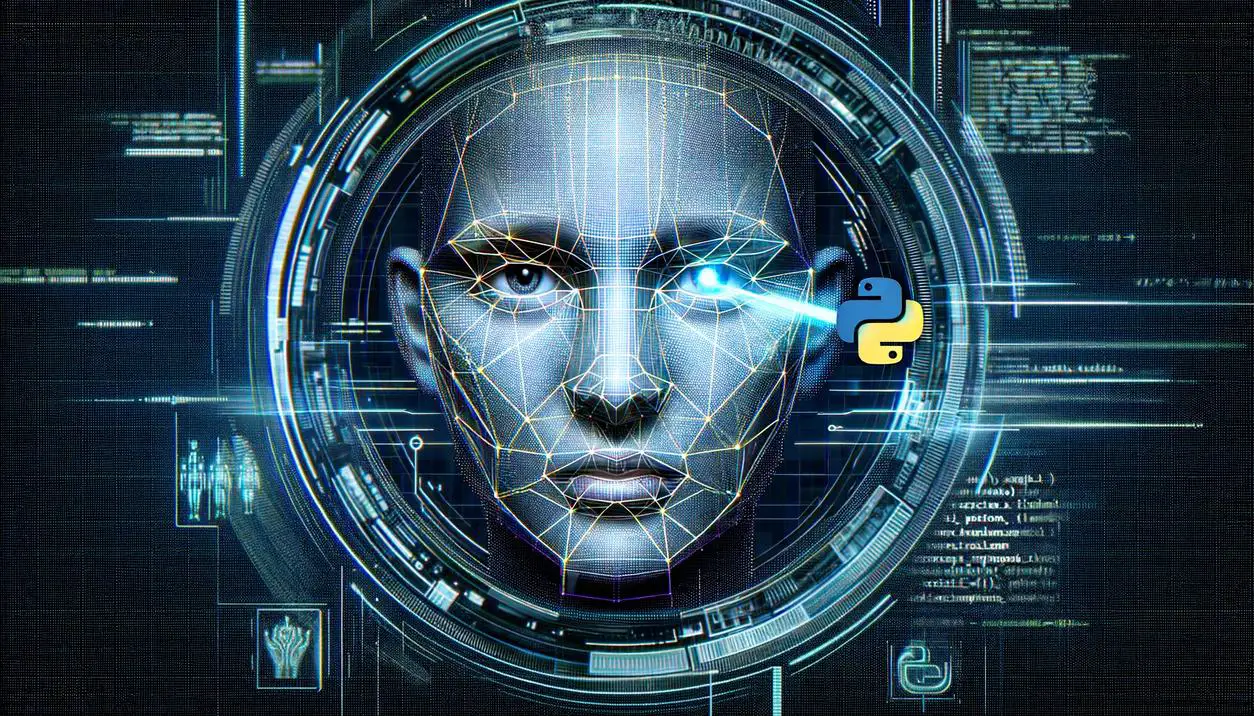
How to Make a Facial Recognition System in Python
Master Python facial recognition with our step-by-step tutorial. Build real-time and image upload systems to identify faces with precision. Essential for security, attendance, and more. Perfect for beginners. Dive into the biometric tech world now!
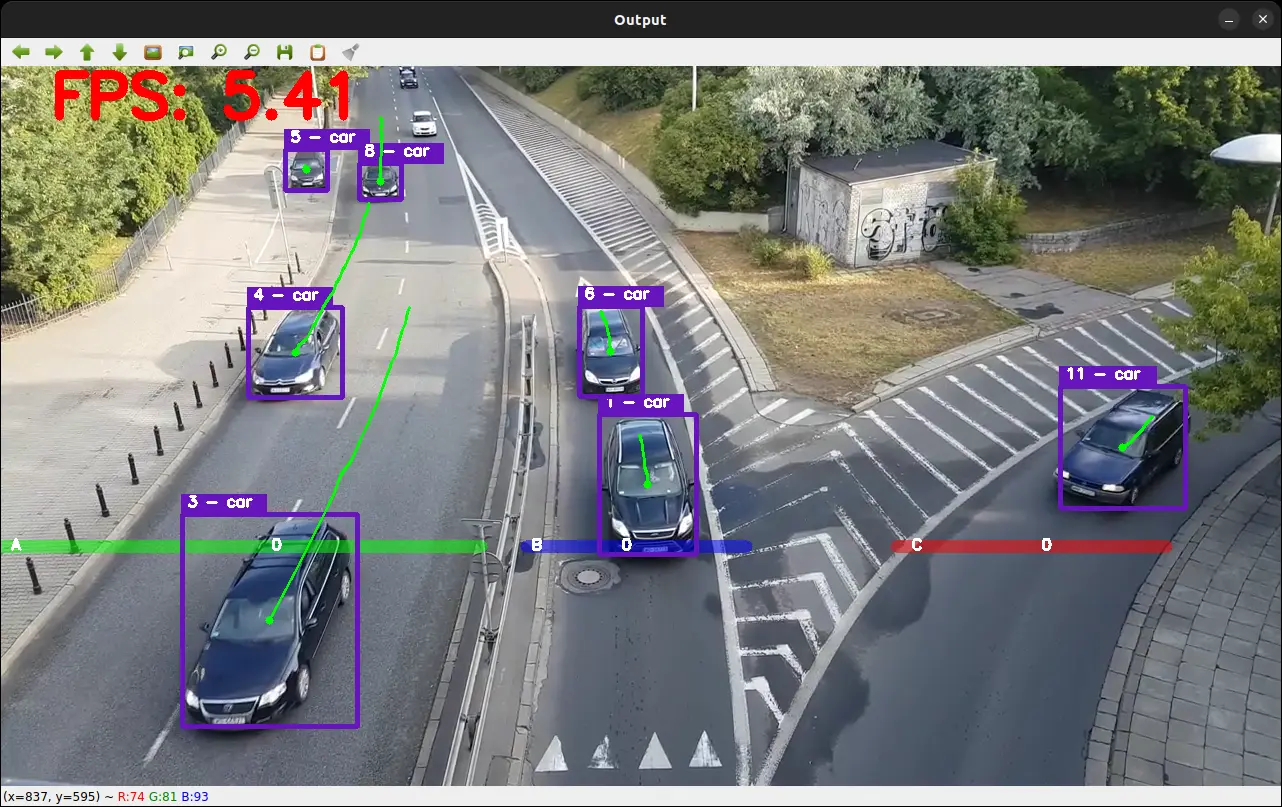
Real-Time Vehicle Detection, Tracking and Counting in Python
Learn how to perform vehicle detection, tracking and counting with YOLOv8 and DeepSORT using OpenCV library in Python.

How to Upscale Images using Stable Diffusion in Python
Learn how to use stable diffusion 4x upscaler to upscale your low-resolution images into high quality images with Huggingface transformers and diffusers libraries in Python.
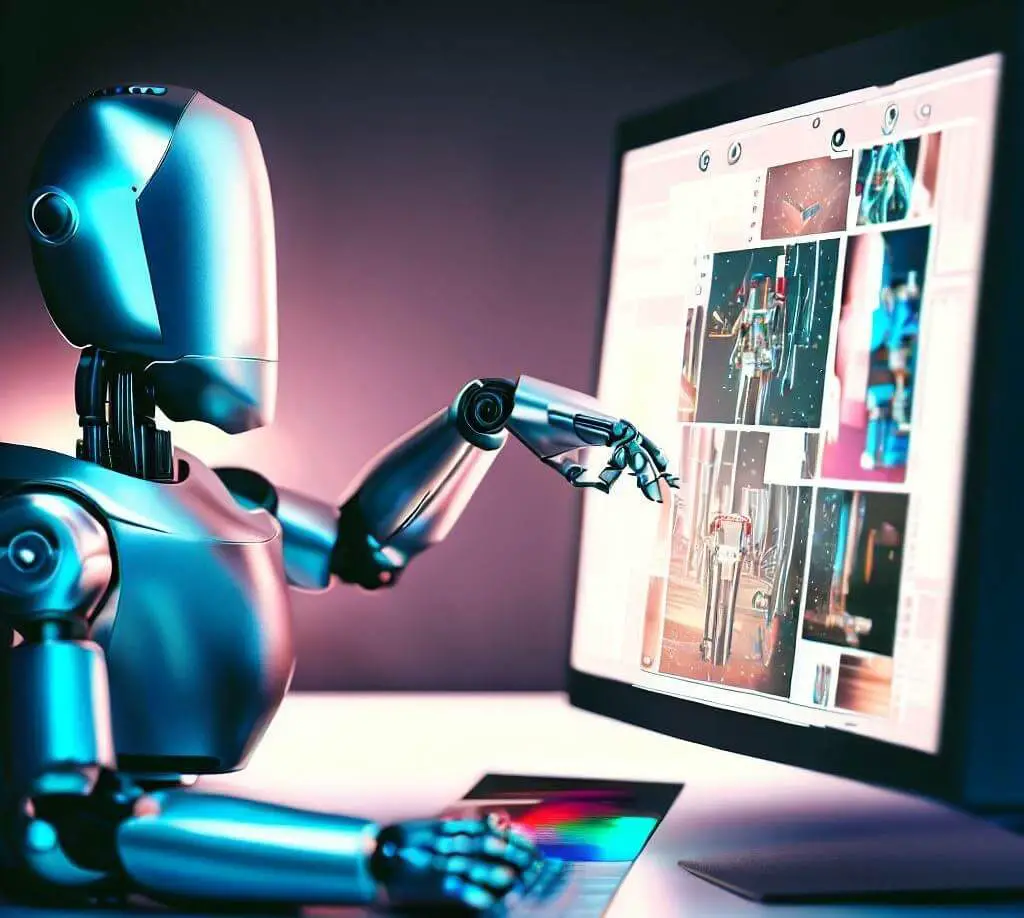
How to Edit Images using InstructPix2Pix in Python
Learn how you can edit and style images using Instruct-Pix2Pix with the help of Huggingface diffusers and transformers libraries in Python.

How to Control Generated Images by Diffusion Models via ControlNet in Python
Learn how you can control images generated by stable diffusion using ControlNet with the help of Huggingface transformers and diffusers libraries in Python.
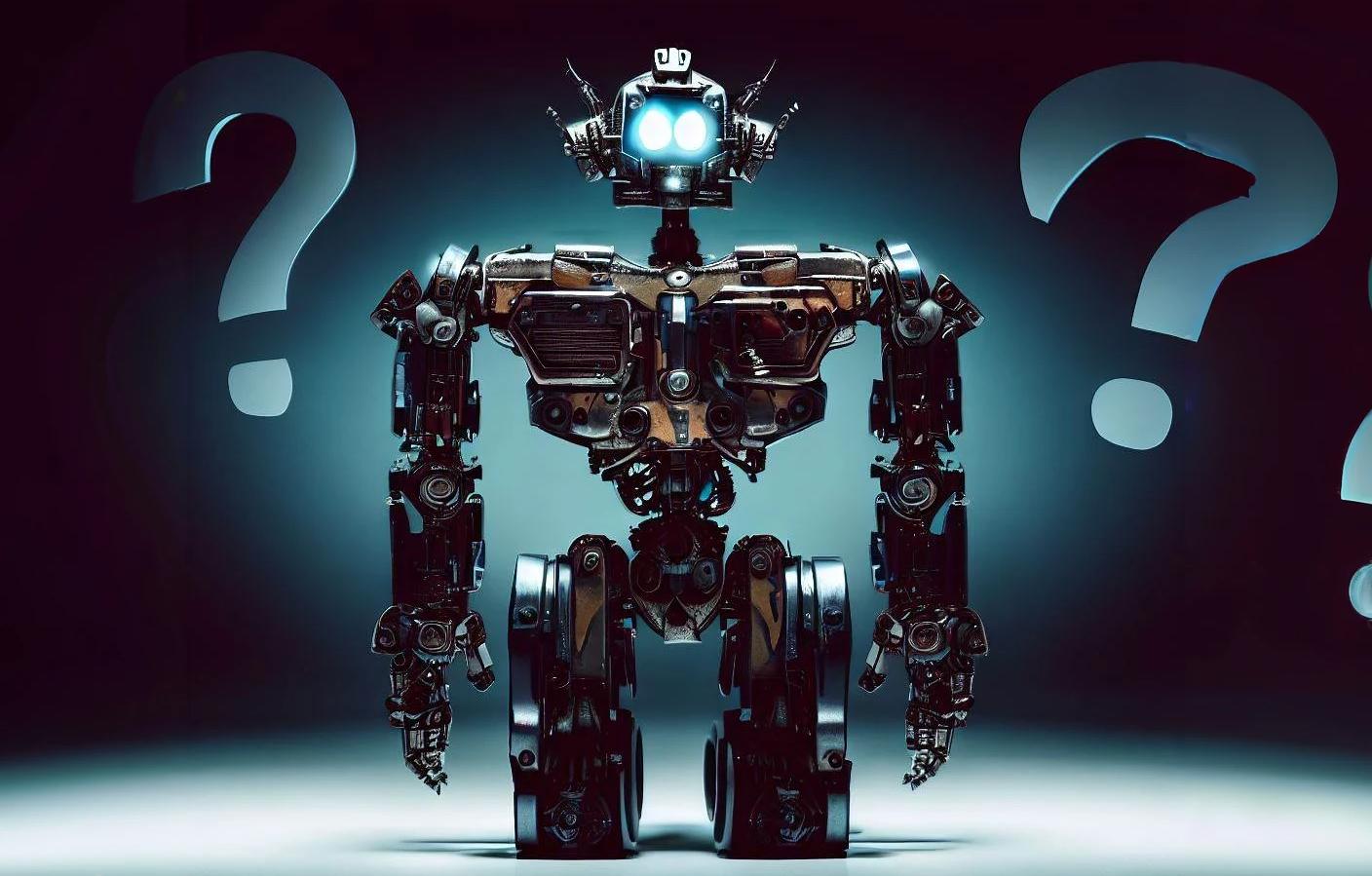
Visual Question Answering with Transformers in Python
Learn the current state-of-the-art models (such as BLIP, GIT, and BLIP2) for visual question answering with huggingface transformers library in Python.
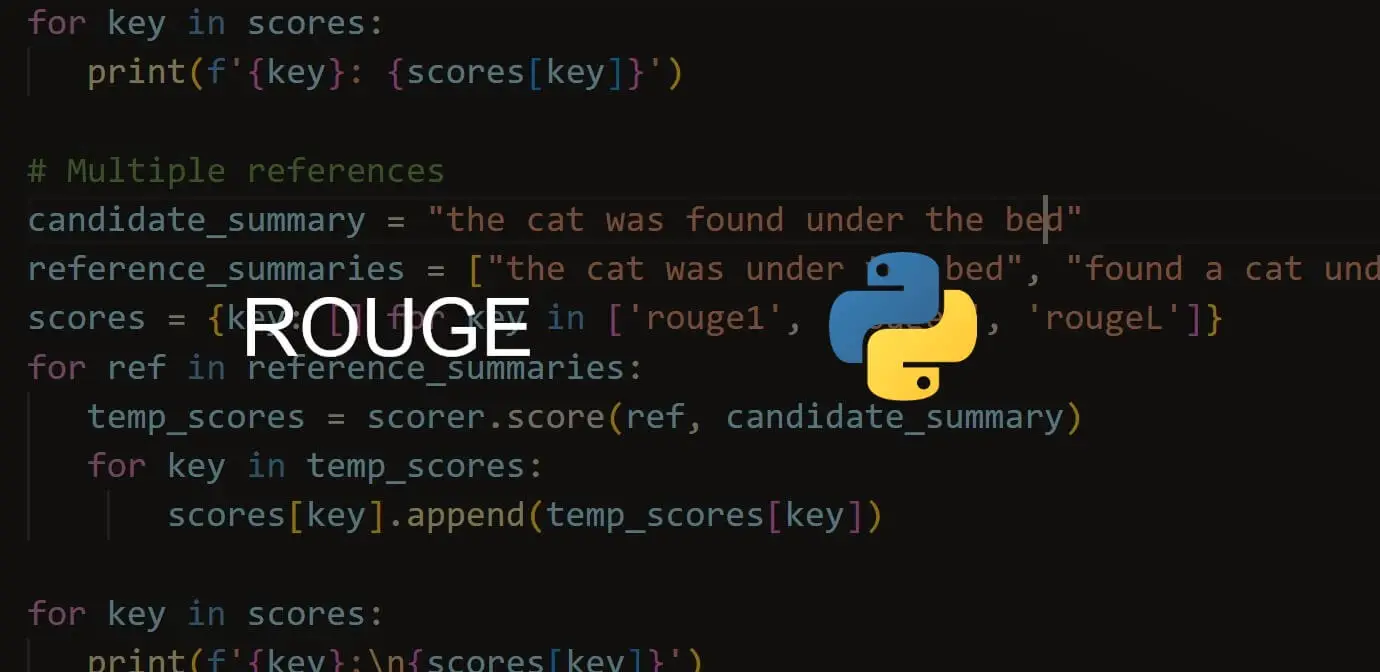
How to Calculate ROUGE Score in Python
Learn what is the ROUGE score and how to calculate it using rouge_score library in Python.
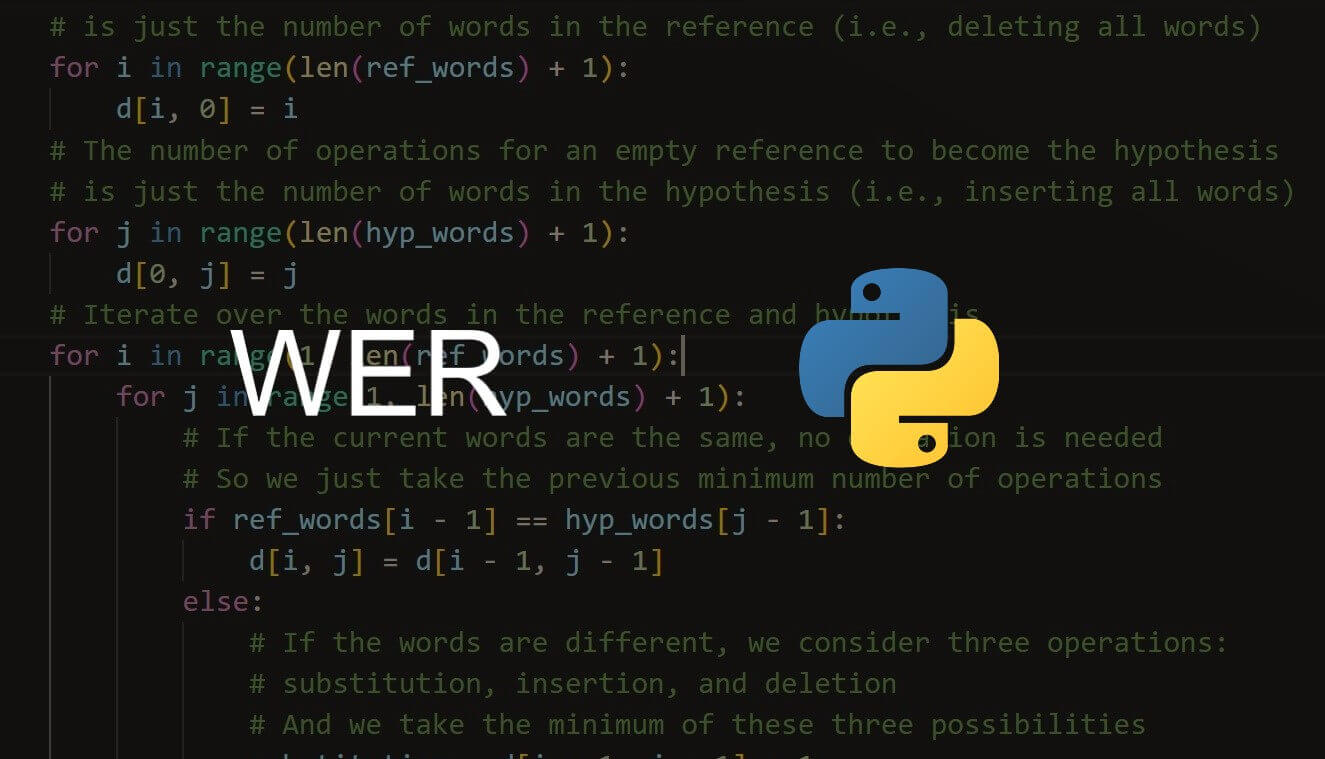
Word Error Rate in Python
Learn what is Word Error Rate (WER) metric that is widely used in Automatic Speech Recognition (ASR) and how to implement it in Python along with using third-party libraries like jiwer and evaluate.
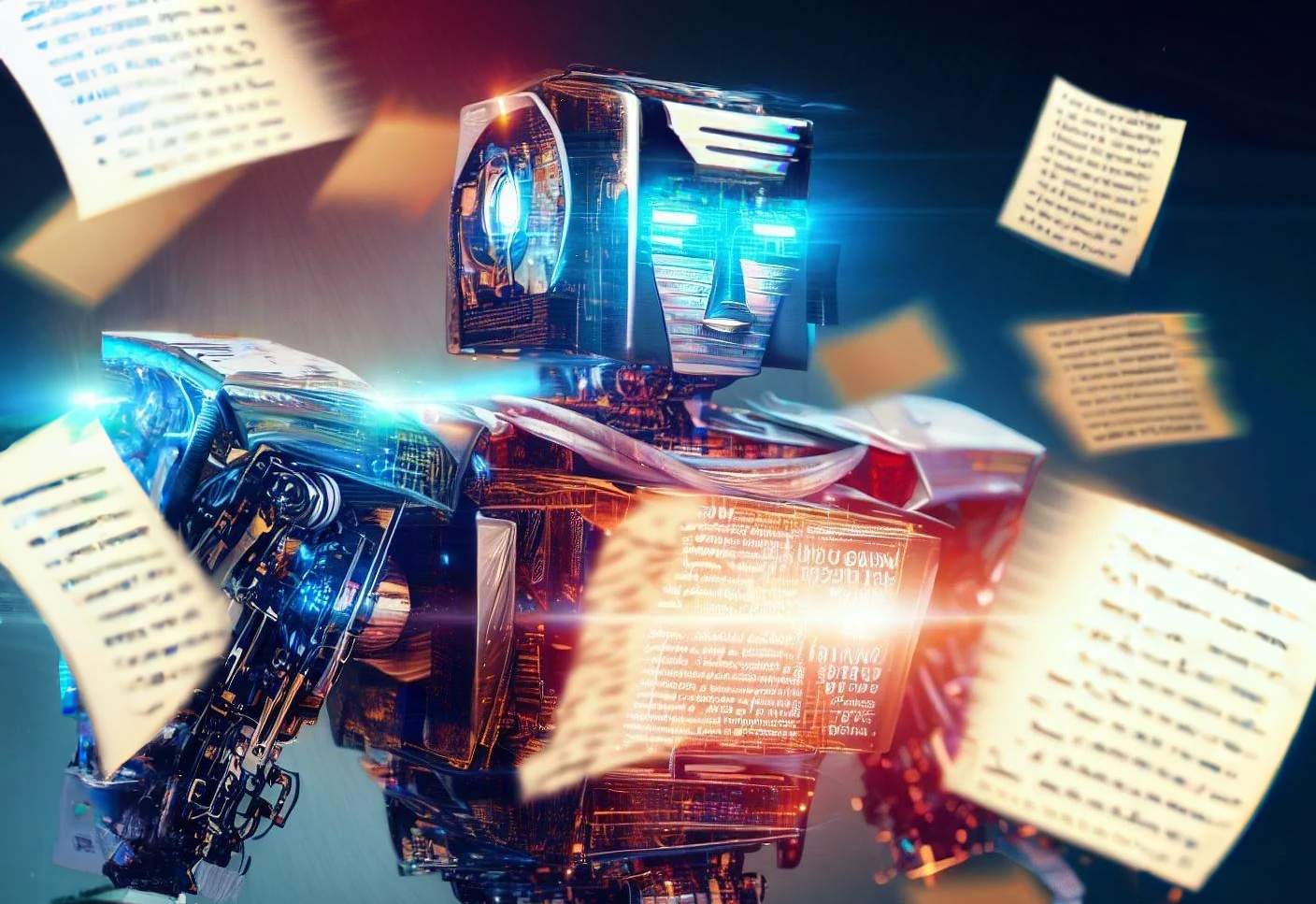
Fine-tuning BERT for Semantic Textual Similarity with Transformers in Python
Learn how you can fine-tune BERT or any other transformer model for semantic textual similarity using Huggingface Transformers, PyTorch and sentence-transformers libraries in Python.
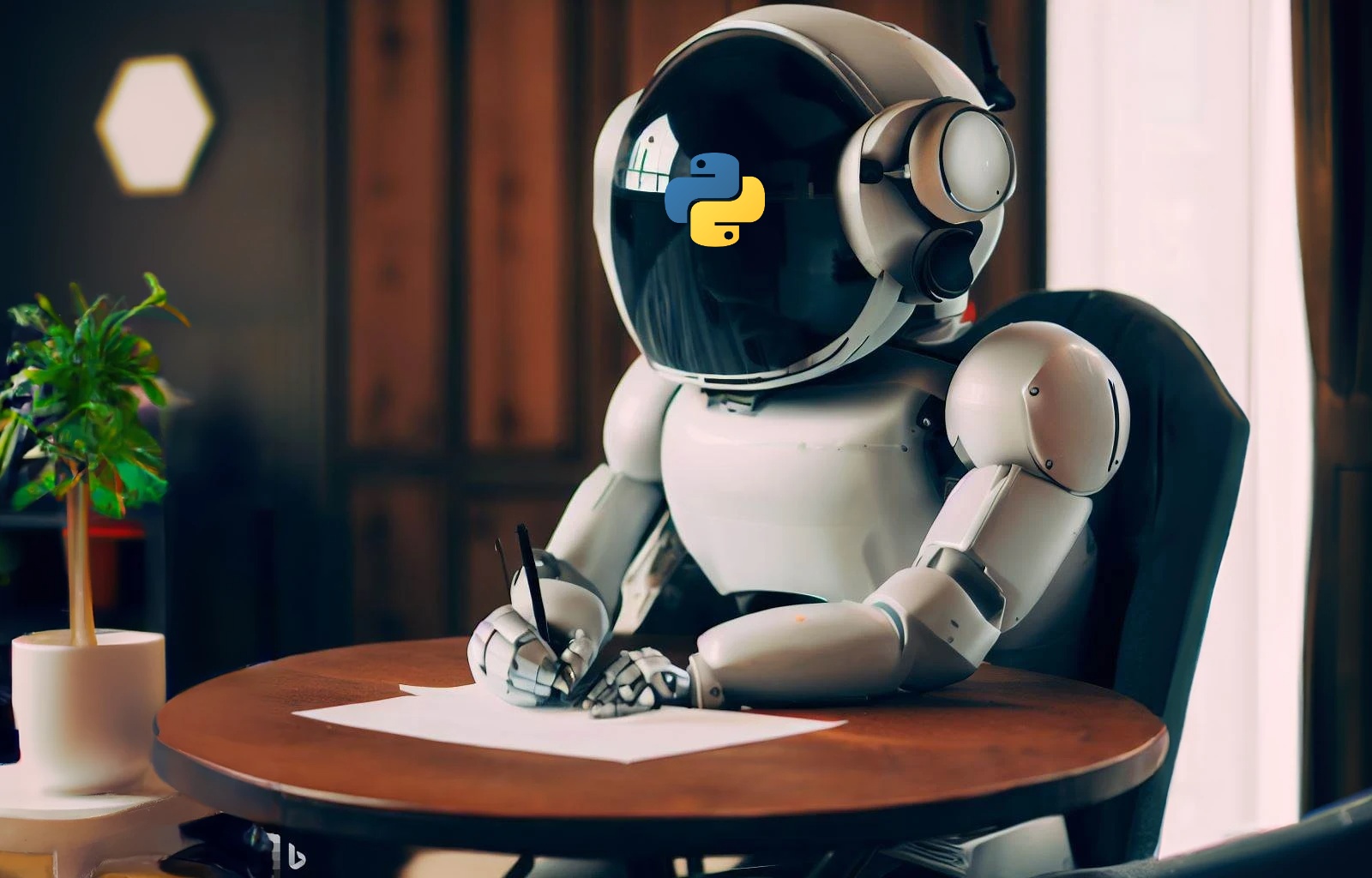
Speech Recognition in Python
Learn how to do Automatic Speech Recognition (ASR) using APIs and/or directly performing Whisper inference on Transformers in Python
